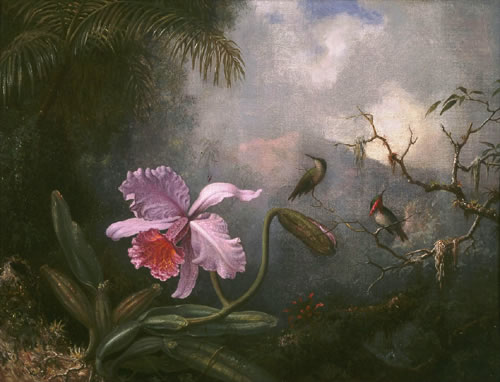This chapter described the evolutionary path European countries began to take in the 19th century in response to the social evolution caused by the Industrial Revolution.
Objective: To better understand how Europe developed its monarchies into States that people demanded
E.Q. - What were the new political ideologies taking root at this time?
Workers were tired of being taken advantage of by factory and land owners. They wanted equality and liberty which led to the Classical Liberal movement. Liberalism demanded representative government and equality before the law in addition to individual freedoms such as speech, assembly, press. This individualized freedom led to independent trade with Laissez-Faire economic practices.
On the completely opposite end of the spectrum, Socialism went against the individualization of freedom and worked toward a sense of community. Communism/Socialism wanted economic planning, greater economic equality and the state regulation of property.
Nationalism contributed to both sides of the political aisle. Nationalism is the ideal that each people has its own genius and their common unity led to the desire for an independent state. Nationalists supported both Socialism and Liberalism and even in some cases the existing Monarchical system.
People:
Klemens von Metternich - Foreign Minister (1809-1848) and Prince (1821-1848) of Austrian Empire
Metternich was the heavily conservative leader of the German Confederation at this time. Metternich saw only the inherent bad in people, instead of the good. He sought to rid his empire of Liberal ideas and uprisings through the Carlsbad Decrees issued in 1819 designed to weed out any subversive, liberal ideas. Metternich thought that government was necessary and aristocracy was a tradition. Metternich's German Confederation was particularly susceptible to nationalistic ideas of this time because it was a combination of many countries thrown under one name. Metternich's Holy Alliance (1815) with Russia and Prussia also went against liberal ideas spreading throughout Europe.
Karl Marx - Author of
The Communist Manifesto (1818-1883)
Marx is a socialist/communist. Marx was educated at the University of Berlin, but was expelled for partying. He completed his education in France and had his own idea of utopia and socialism by the time he was 25. He developed his political ideas with help from his friend, Friedrich Engels (whom Marx lived off most of his life). Marxian socialism/communism is the complete opposite of Metternich's conservatism. Marx wanted to better life for the common, middle class wage earner and more even distribute wealth among classes. All history up to this point in time was a class struggle in Marx's eyes. The poor worked to make the rich richer and that was social injustice.
William Wordsworth - English Romantic Poet
Wordsworth represented the Romantic movement, a backlash against the Industrial Revolution. Wordsworth put an emphasis on nature and escaping the overcrowded cities. His inspiration drew heavily from the French Revolution and the ideas of Rousseau.
Meanwhile in America...
America's expansion west continued throughout this part of the 19th century. From 1816-1850 the U.S. welcomed 13 new states into the Union. America was spreading out while Europe continued to flock to the same old cities as it had before. This expansion of the U.S. allowed it to accommodate immigrants from Ireland as caused by the Great Famine and it allowed for the better grasp of the Industrial Revolution. States admitted at this time were: Indiana, Mississippi, Illinois, Alabama, Maine, Missouri, Arkansas, Michigan, Florida, Texas, Iowa, Wisconsin and California.

Romanticism also took root in America in the 1800s. American Romantics focused on life in nature and away from people like their European counterparts. American Romantic authors include Washington Irving and Walt Whitman. American Romantic painters had more scenery and nature to paint than European Romantics; however, there were substantially fewer American Romantic painters than Europeans-John Trumbull and William Morris Hunt. These artists shifted the perception of life from that of what is tangible to faith and intuition.
Picturing the Past
"The Grand Central Venice" - Joseph Turner
"The Haywain" - John Constable
Joseph Turner and John Constable are both well-known Romantic Painters of this era. Turner worked primarily with landscapes, capturing in the essence and history of his subject area with watercolors or oil paints. He focused primarily on the light of his matter. Constable also focused on landscapes, especially those around his home, but he focused more on the darker side of things. Constable wasn't as successful as Turner, but both are still greatly revered Romantic painters.
3..2..1..
Things I learned:
- Metternich was both Prince and Foreign Minister of The German Confederation.
- Romanticism originated in Germany in the 1770s.
- France had yet another revolution in 1830.
Things I find interesting:
- The Great Famine in Ireland was essentially caused by the English.
- Once one country went into revolt for more liberty, another country went with it.
Question I still have:
- Why do all the revolutions start with France?

















